Energy is a key factor in combating climate change, one of the biggest challenges the world is facing today. India has committed to cutting emissions to net zero by 2070 and set ambitious targets for adopting renewable energy. Achieving these targets requires careful planning and an overhaul of our current energy system.
Our work aims at enabling policies that encourage the adoption of rooftop solar, facilitate the development of technology for energy storage, strengthen the grid and transmission infrastructure, advance hydrogen technologies, and promote green mobility. CSTEP's research looks at the various aspects of mainstreaming renewable energy for a cleaner, greener energy sector.
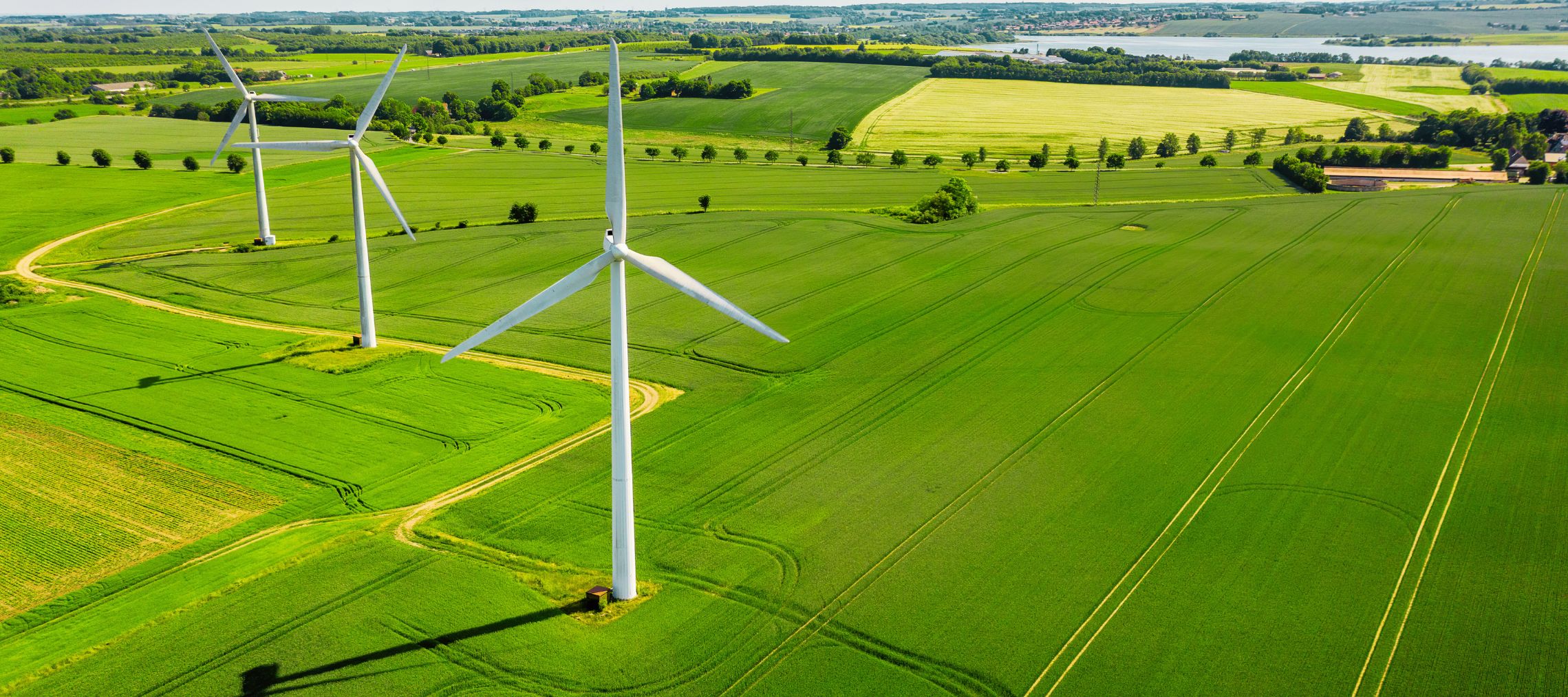
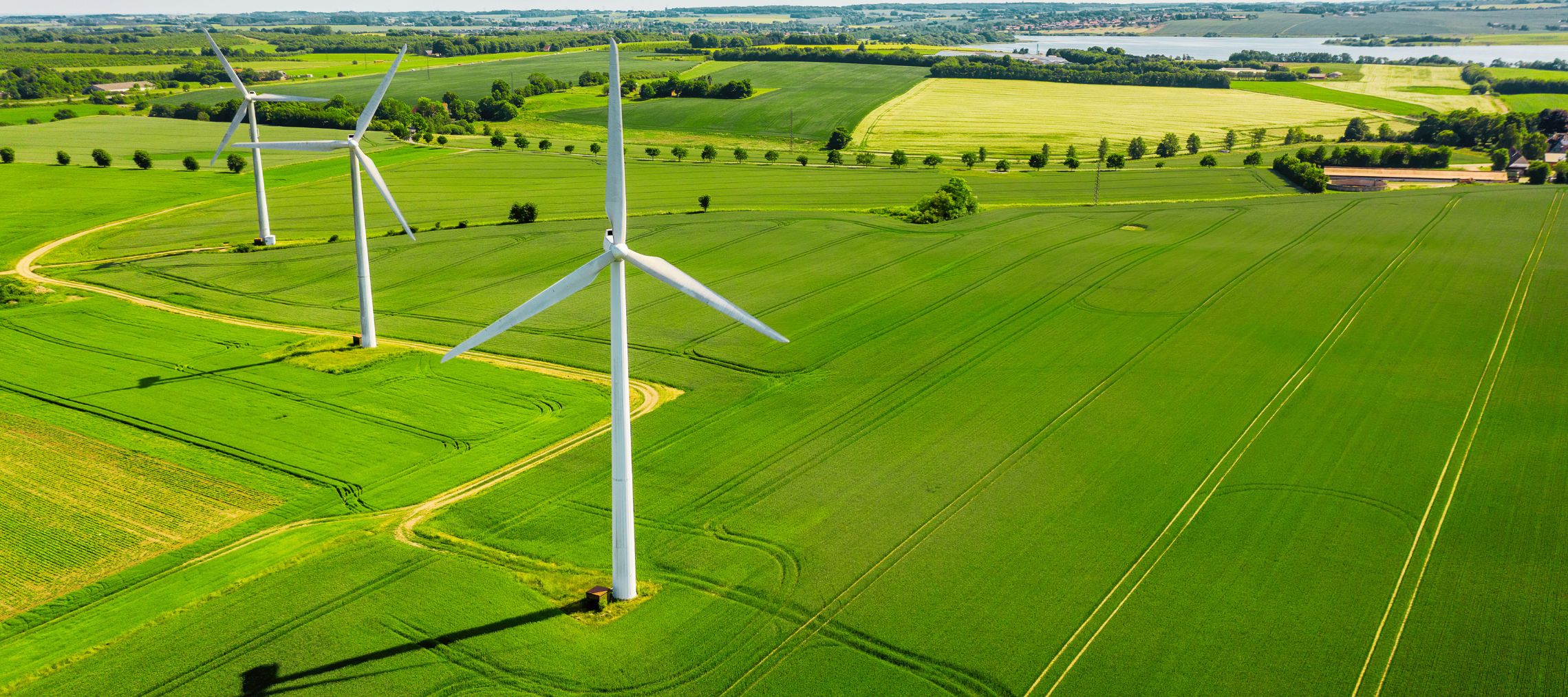
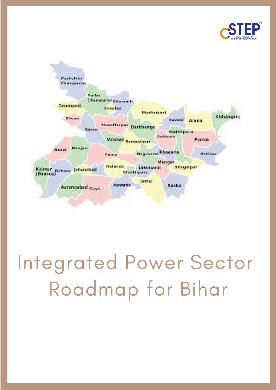

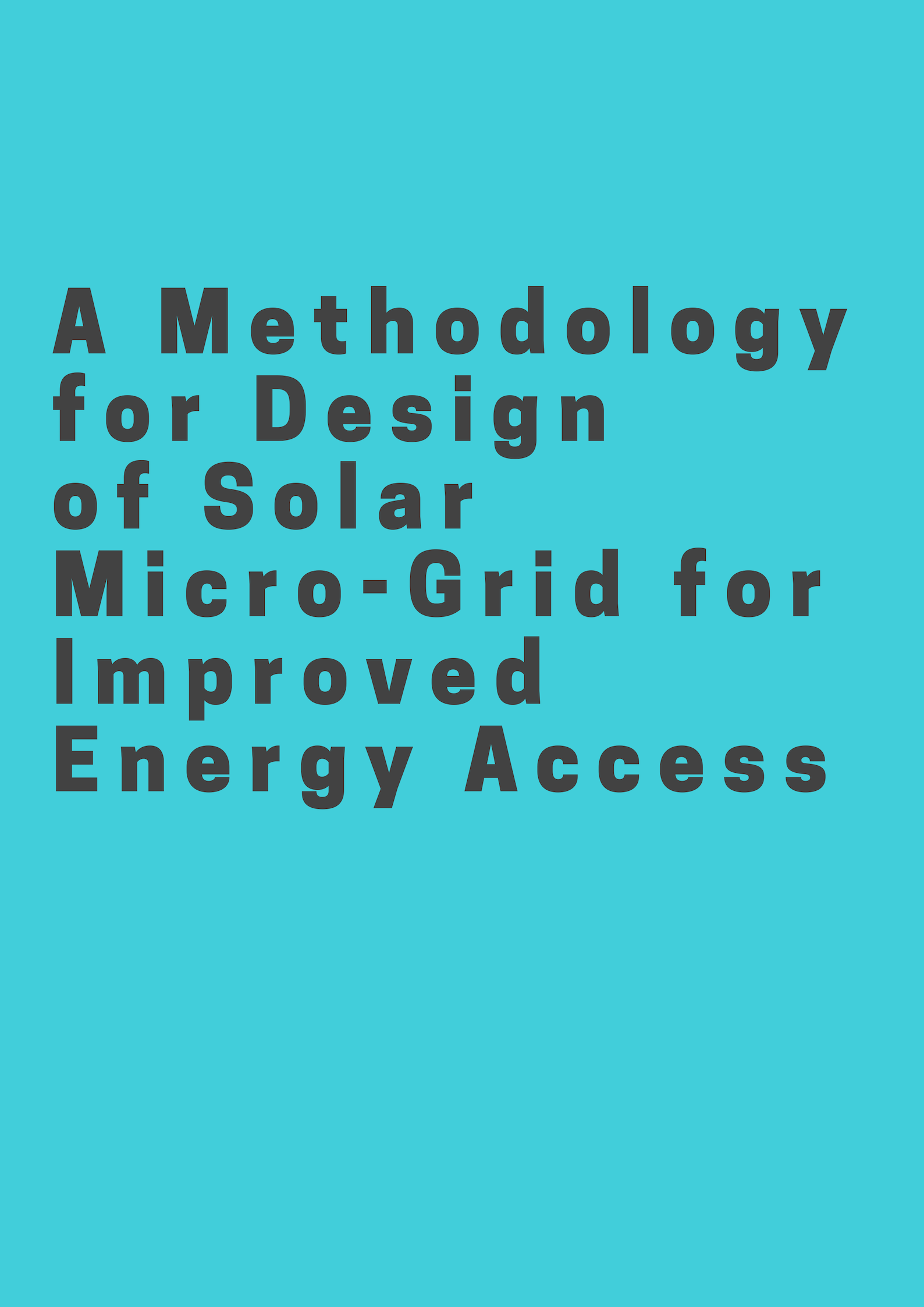
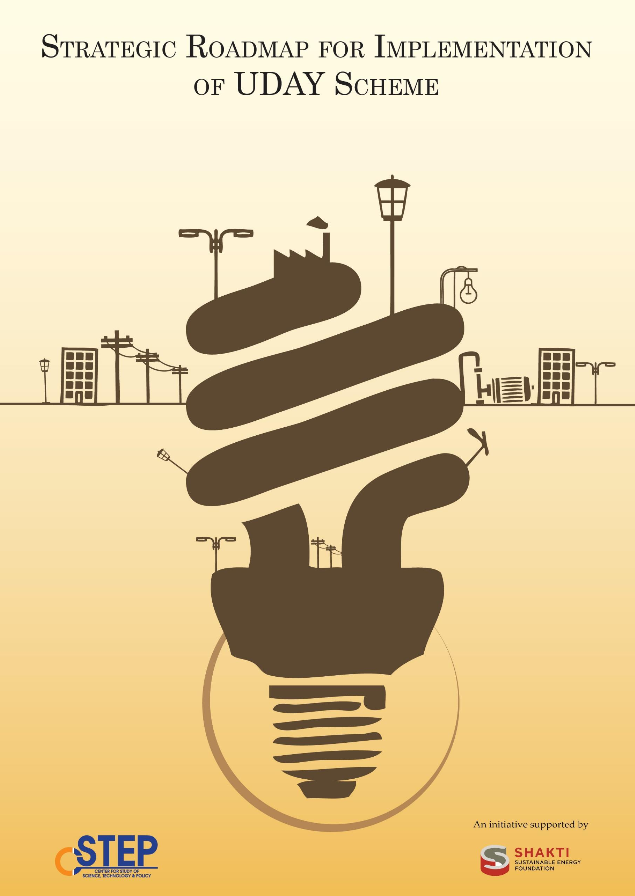
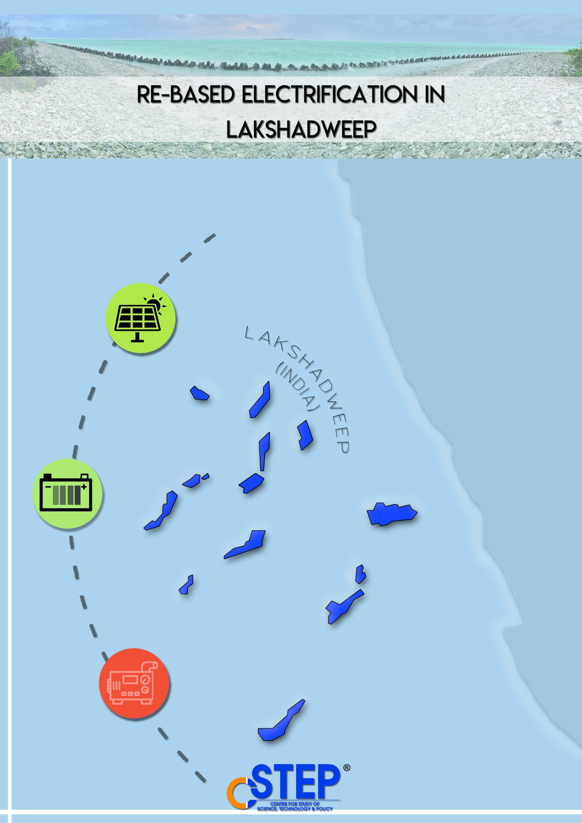

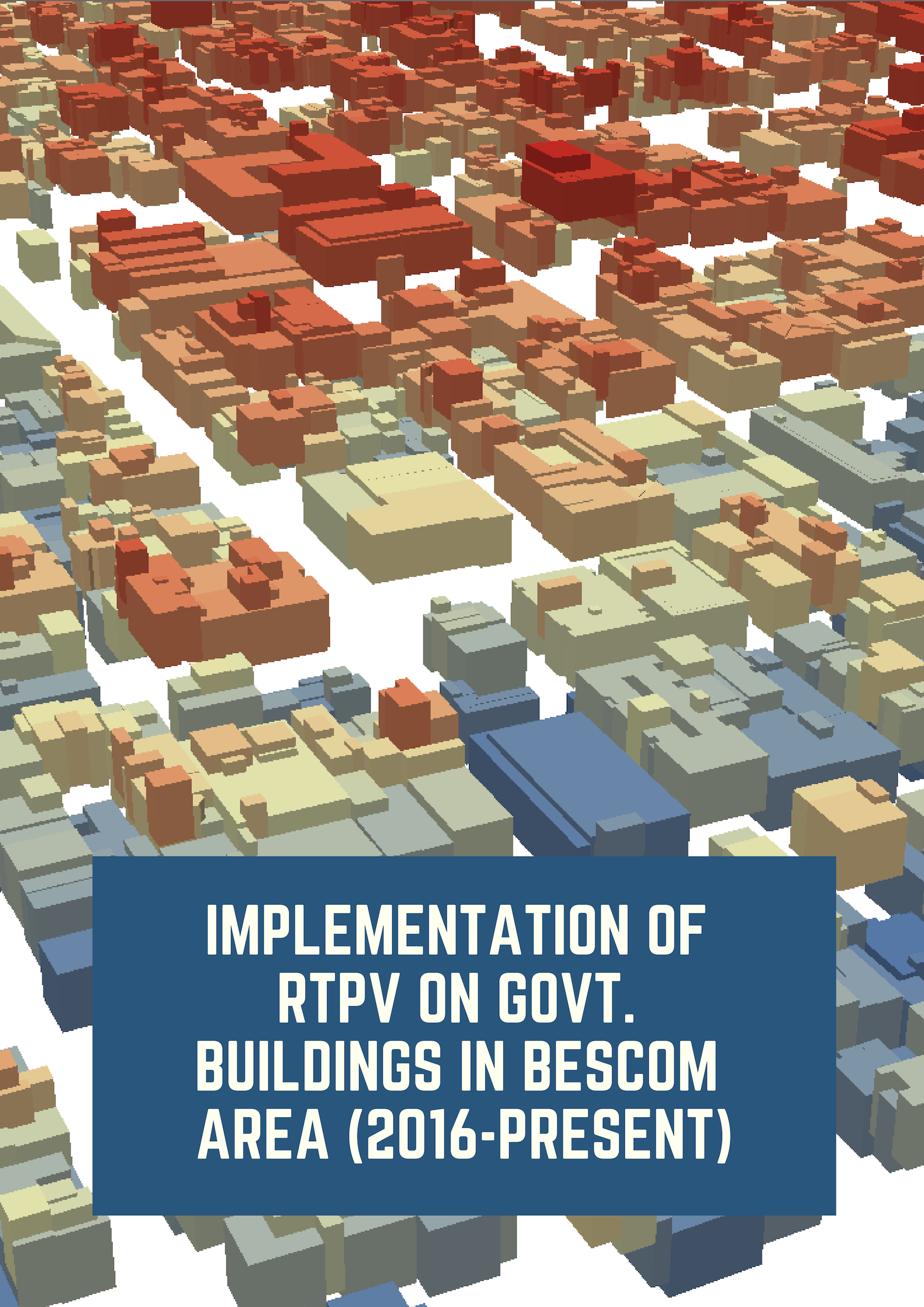
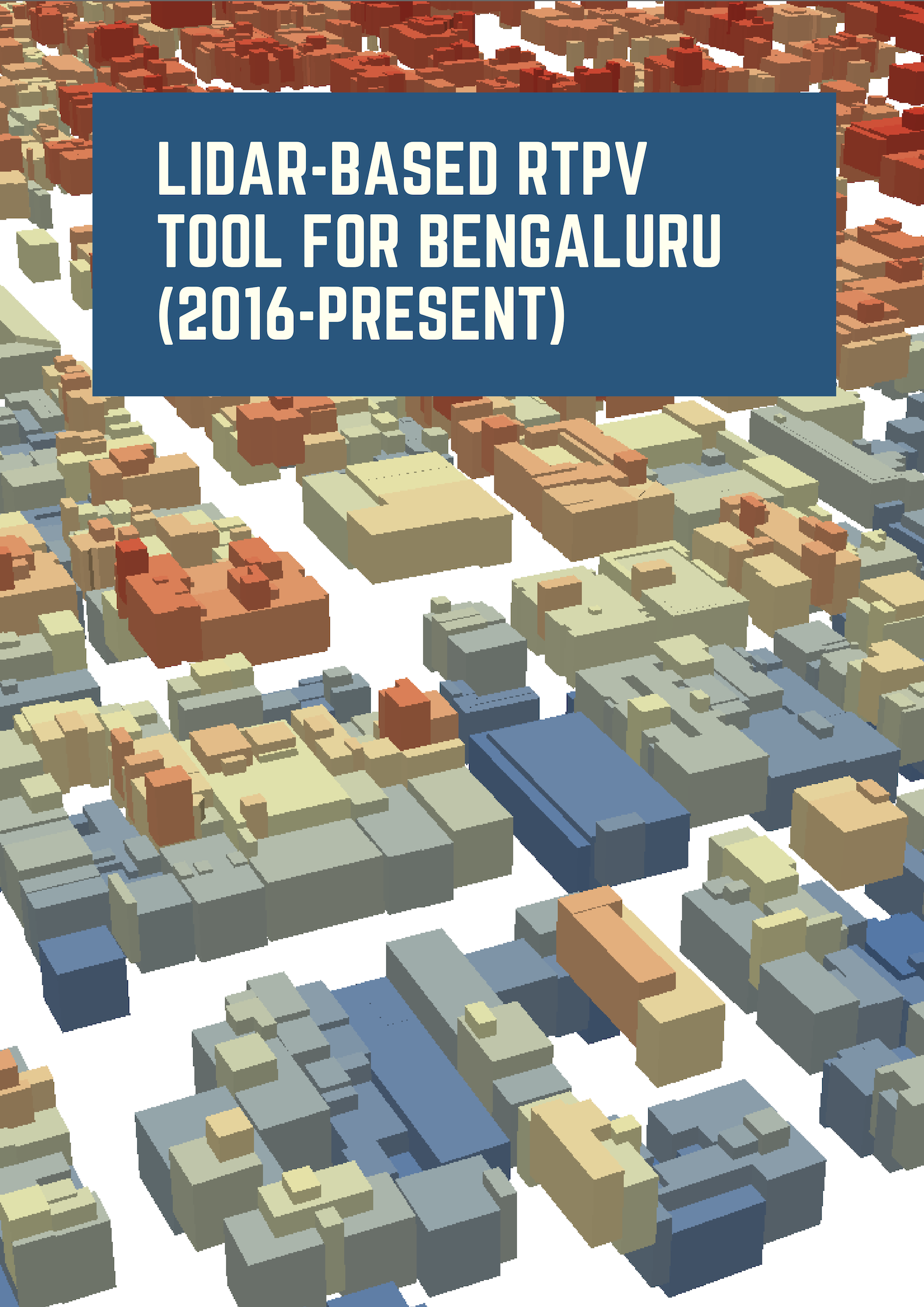

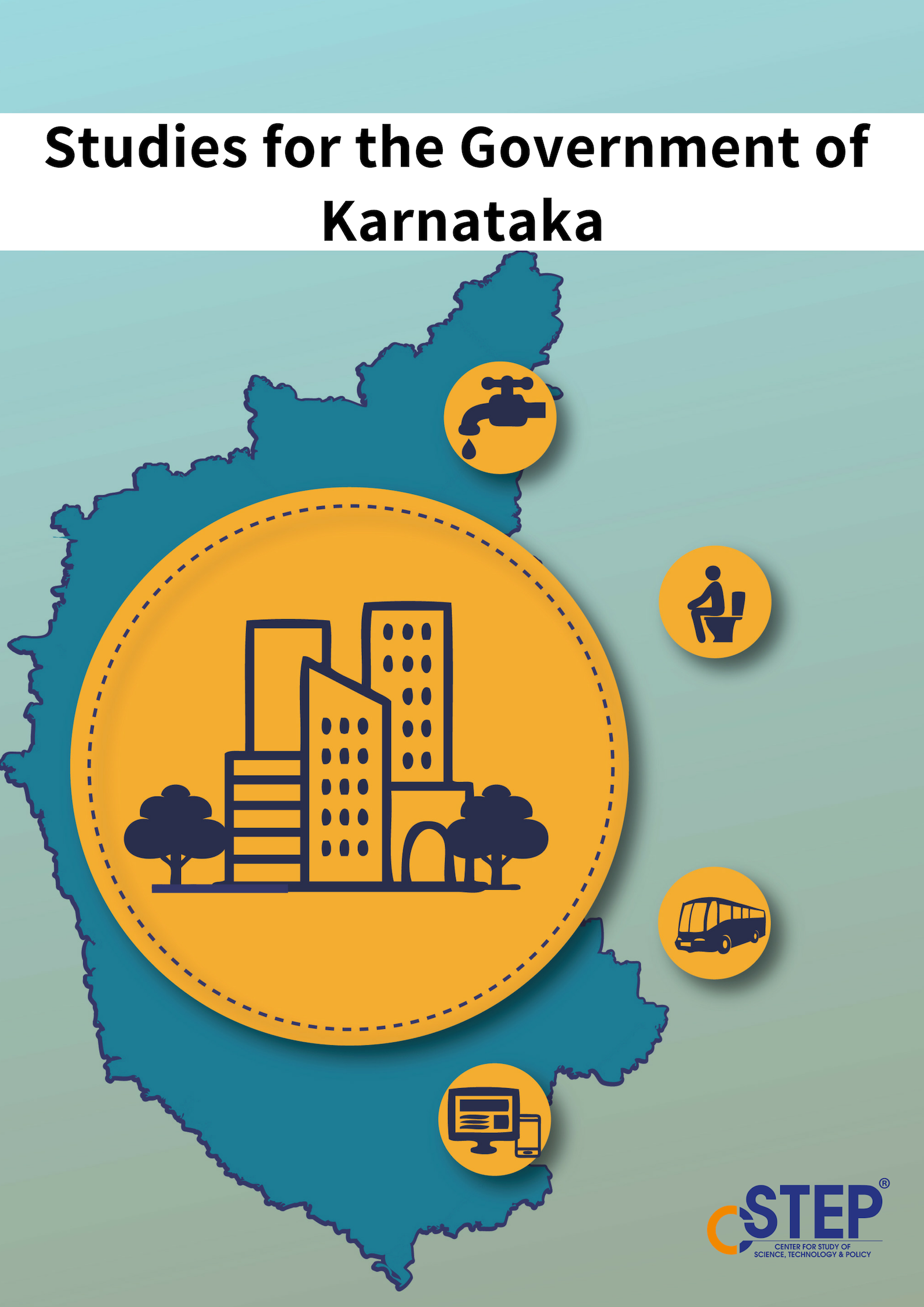

Utilisation of rice residues for decentralised electricity generation in Ghana: An economic analysis
This publication enlighten the reader about how ectricity can be produced using the rice husk at Ghana.Developing countries, especially in Sub-Saharan Africa, face large challenges to achieve universal electrification Using the case of Ghana, this study explores the role that rice residues can play to help developing countries meet their electrification needs In Ghana, Levelised Electricity Costs (LEC) of a grid-connected 5 MWe straw combustion plant ranged between 116 and 130 UScents/kWh, based on region of implementation .Rice straw combustion is a viable grid-connected option in all regi
A System Level Framework for Evaluating High Share of Renewables in the Future Energy Mix
Keeping in view India’s recent international commitment to expand the share of renewable electricity to 40%
CSTEP Policy Brief on Nuclear Power
Policy brief regarding nuclear power
Harnessing Materials for Energy
This special volume of MRS Bulletin on energy is the first of its
kind in which the magazine addresses a major societal issue This
issue has contributions from energy experts from many countries
and reflects not only the growing global concerns on energy but
also the opportunities that materials researchers can tackle Some
of the new materials are already available, and many are or will be
under development Nuclear fusion might still be many decades
away, but already, there are experiments with new materials to
A SMALL SMART GRID PILOT PROJECT
This is a reseach to implement progressive schemes for better management of the distribution
system the utility thought of undertaking a small Pilot project to prove and learn the
Smart Grid technology and functionalities in collaboration with Centre for Study of
Science Technology and Policy(CSTEP) in Bangalore (a non-profit organization) and has
successfully implemented the scheme in Mangalore City to monitor and control the loads
of a small group of consumers connected to two Distribution transformers and also
IEEE: The expertise to make smart grid a reality
The urgent power system needs in India are not necessarily the same as those in advanced industralised countries.The same goes for the most important power system constraints.Generally, not all smart grid technologies are equally relavent worldwide. In India,the really useful technologies will be those that constrain peak demand and peak load growth at reasonable cost while cutting losses.
Incentivising Domestic Manufacturing for a Sustainable Solar Industry
After Finance Ministry’s (MoF) decision to reject Commerce Ministry’s (MoC) proposal of anti-dumping duties (ADD) in late August, solar developers heaved a big sigh of relief In this article, we review the controversy generated by the proposal for ADD in the light of existing evidence and future outlook for the solar photovoltaic (SPV) industry. We find that the popular narrative took a myopic view of the SPV industry. This was exhibited by overstating the negative impact of ADD and vice-versa, and the general buoyancy around the MoF decision, as reported in the news.
Political Economy of Renewable Energy Deployment in India A Case Study of Karnataka
Despite high targets and comprehensive policies, the deployment of renewable energy technologies has faced significant barriers in Karnataka during the past five years. This is because of the large disconnect that exists between central policies on renewable energy and regional needs. There is a need for subnational governments to play a more proactive role in renewable energy deployment.
Re-assessment of India’s On-shore Wind Power Potential
This collection of ten papers highlights some of the most pressing concerns for the countries of the global South. In doing so, they explore a variety of topics including social, governance, economic and environmental concerns Each paper demonstrates the challenges of building an international agenda which responds to the specificities of each country, while also being internationally relevant It is by acknowledging and analysing these challenges that the research from the global South supports the objective of a meaningful post-2015 agenda.
RE-Energising Karnataka: An Assessment of Renewable Energy Policies, Challenges and Opportunities
In this context, the main objective of this study is to critically examine the state’s RE policy to find gaps and implementation challenges specific to Karnataka The primary audience of this study are the state legislators and policymakers The methodology involved detailed stakeholder consultation with RE developers, the state nodal agency, the state electricity regulator and other government agencies involved in rural electrification through questionnaires and interviews in order to identify specific measures to address existing barriers to the growth of RE in the state The study identifie
